Vegan for your health.
More & more people are moving towards a vegan diet to better their health.
The World Health Organisation has classed processed meat as a group 1 carcinogen, which is the same category as cigarettes, alcohol and asbestos.
They advise everyone to “eat a nutritious diet based on a variety of foods originating mainly from plants, rather than animals”.
Meat is high in saturated fat and sodium and has been linked to a multitude of diseases, whilst plant-based foods give you all the nutrients you require to be healthy and create meals which are just as delicious, if not more so!
A diet high in complex carbohydrates and fiber (found only in plant foods) but low in fat is the best dietary description for controlling obesity, heart disease and type 2 diabetes. Plant-based diets can also help reduce insulin requirements. Scientific studies of Californian Seventh Day Adventists show that vegetarians have a number of health benefits including at least two years greater longevity on average compared to even low meat eaters.
The economic benefits of vegan diets worldwide could be as much as US$31 trillion
How can a vegan diet help your health journey?
These are just a few ways a vegan lifestyle can help you achieve your health goals…
Prevent heart disease:
Oxford University research findings into the benefits of a vegetarian diet found that vegetarians have lower body fat levels and are less likely to die of heart disease. In addition, vegetarians have a lower risk of constipation and appendicitis. Also it has been found that vegetarians have higher telomerase activity, a process thought to be important to aging-related diseases. (Telomerase is an enzyme that helps preserve the ends of chromosomes).
Prevent diabetes:
Professor Claus Leitzmann, a retired nutrition researcher from the University of Fiessen, extends the benefits of plant based diets to include lower risk of:
- hypertension
- adult onset diabetes
- certain types of cancer
- osteoporosis
- renal disease and dementia
- diverticular disease
- gallstones
- rheumatoid arthritis.
For disease prevention:
Only a third of New Zealand adults have a healthy body weight and just 39% meet the fruit and veg guidelines; eating 7 or more portions of fruit and veg a day can reduce the risk of premature death by a third compared to those who eat less than 1 portion! Moreover, a plant-based diet has been proved to lower the risks of:
Obesity – eating a vegan diet can help overweight people reduce body fat and promote weight loss without even restricting calories! This is because eating high fiber foods changes gut microbiome composition which boosts metabolism. In one study, participants following a vegan diet lost up to twice as much as weight as non-vegans whilst eating the same amount of calories
Various forms of cancer – eating just 50g of meat per day (the equivalent of two rashers of bacon) increases the risk of colorectal cancer by 18%, and vegan diets have been linked to a 35% lower risk of prostate cancer. Even consuming more than one glass of milk or one egg daily can increase chances of ovarian cancer by over 70%
Cognitive decline – consuming more than one glass of milk a day increases the chance by up to 33%
High cholesterol and blood pressure, which increases risks of strokes
Heart disease – 15 million people die from heart disease every year. Meat, especially red processed meat, increases the chances of this by over 20%
Type 2 diabetes – eating meat increases this risk by over 20%, which can lead to a multitude of further complications
Mortality – a global move to a vegan diet would avert over 8 million premature deaths every year
A pescatarian diet might be regarded as some by a ‘halfway’ step and is even promoted in some nutritional guidelines, but there are a lot of widely unknown yet significant perils of this. High levels of toxins, fat and cholesterol, and a lack of fibre, make fish a poor choice. New Zealand’s waters contain pollutants which accumulate in fish and shellfish, including mercury, cadmium and arsenic. These are highly toxic, and mercury is a human carcinogen – mercury exposure from fish consumption can cause irreversible damage to the cardiovascular and central nervous systems, brain damage and memory loss, and damage to a foetus. Thus, meat, fish, dairy and eggs should all be avoided for optimum health.
Would you like to learn more?
Great Vegan documentaries that changed the way people think.
Over the years there have been a number of hard-hitting vegan documentaries released that are actively changing the way the world eats. Although at times, these documentaries can be difficult to watch, they expose the reality of farmed animals and the benefits of plant-based living.
What do all these documentaries have in common? They’ll certainly change the way you think about what’s on your plate.
Forks Over Knives examines the profound claim that most, if not all, of the chronic diseases that afflict us can be controlled or even reversed by rejecting animal-based and processed foods.
This film examines the link between diet and disease, and the billions of dollars at stake in the healthcare, pharmaceutical and food industries. Also available on Netflix.
Showcasing elite athletes, special ops soldiers, visionary scientists, cultural icons, and everyday heroes, what James discovers permanently changes his understanding of food and his definition of true strength. Also available on Netflix and Vimeo.




